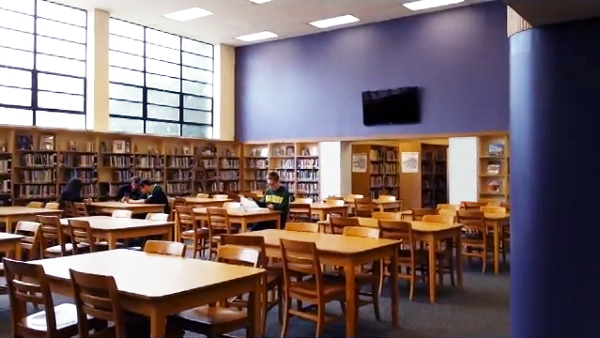Report Ranks Commonwealth Tops in Education, But Not for All
By Jenn Stanley: Commonwealth News Service

BOSTON – A new report ranks Massachusetts second overall in child well-being, but advocates for kids and families say it’s no time to be complacent – as there is room for improvement.
The new Annie E. Casey Foundation Kids Count Data Book said 182,000 children in the Commonwealth live in poverty. And while Massachusetts ranks high for education, results are inconsistent across the state in math and reading proficiency.
Reginauld Williams, communications director at the Massachusetts Budget and Policy Center, said a child’s ZIP Code and other factors still affect academic success, and the state needs to work to address these issues.
“One of the biggest inequities that the Kids Count Data Book really illuminates is the fact that, while Massachusetts is a leader nationally in education, that education isn’t necessarily equitable for low- to moderate-income children, individuals from communities of color and then also, immigrant populations,” Williams said.
The Kids Count Data Book urged states to count everyone in the census to better ensure needs are met across the board. Current estimates show 29% of the youngest children in the Commonwealth live in neighborhoods where the census has had difficulty getting an accurate count.
The Data Book ranked Massachusetts number one for kids’ health, as the state’s 2006 health-care reforms ensured children have access to affordable coverage.
MassHealth served as a model for the Affordable Care Act, and the Casey Foundation’s Leslie Boissiere, vice president of external affairs, said that has led to gains for children nationally.
“Investment in health care – through the Affordable Care Act, through the Children’s Health Insurance Program and even through Medicaid expansion – has had a significant impact on all children, but also on children of color,” Boissiere said.
She added direct lines can be drawn between areas of tremendous improvement in kids’ well-being and policies that support success – from health-insurance coverage to fewer teen pregnancies and higher high-school graduation rates.
